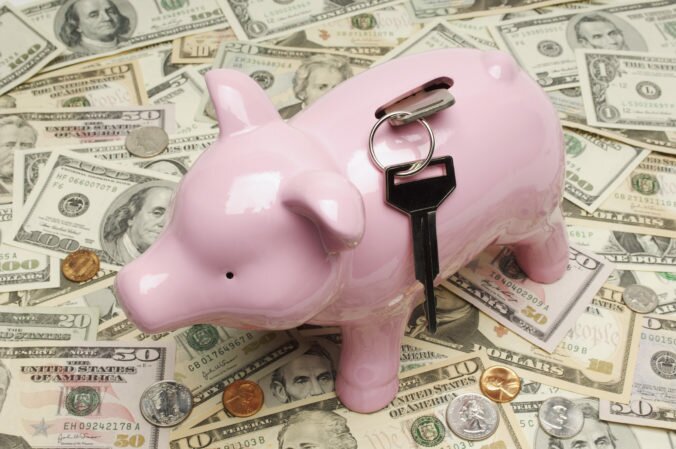Many types of treatment for psychological distress talk about using gratitude as a way of coping. It is included in the mindfulness approaches to well being. It is a powerful tool to help us over the “speed-bumps” in our lives.
It may have another application. There was a recent article in Psychological Science (June 2014, Vol.25 ,6, pg. 1262-1267) that did some testing of the concept of gratitude and the results were interesting. These authors were interested in how people behave with money. We know that spending money can often have an emotional component. For example, people who are experiencing some sadness tend to spend money more impulsively than those who are not emotionally down. The standard thinking is that in order to delay gratification (in this case resisting spending money), people would have to exert a large amount of self-control. It is hard not to impulsively buy something that we see and want. We want it NOW! It certainly seems hard to resist! If you are sad, you may not have the energy to resist.
These authors found that gratitude could have the opposite result. People who practiced gratitude were much more able to resist impulsive spending with a lot less effort. They were able to focus on longer term goals instead of resorting to impulse buying. Imagine how helpful it would be if you didn’t always need to struggle to resist the impulse to spend!
They also found that the results weren’t just because the people were in a good frame of mind. Their study showed that gratitude really made the difference.
What should you do?
Practice gratitude, not only because it is helpful in your emotional life, but it will also be helpful in your financial life!
